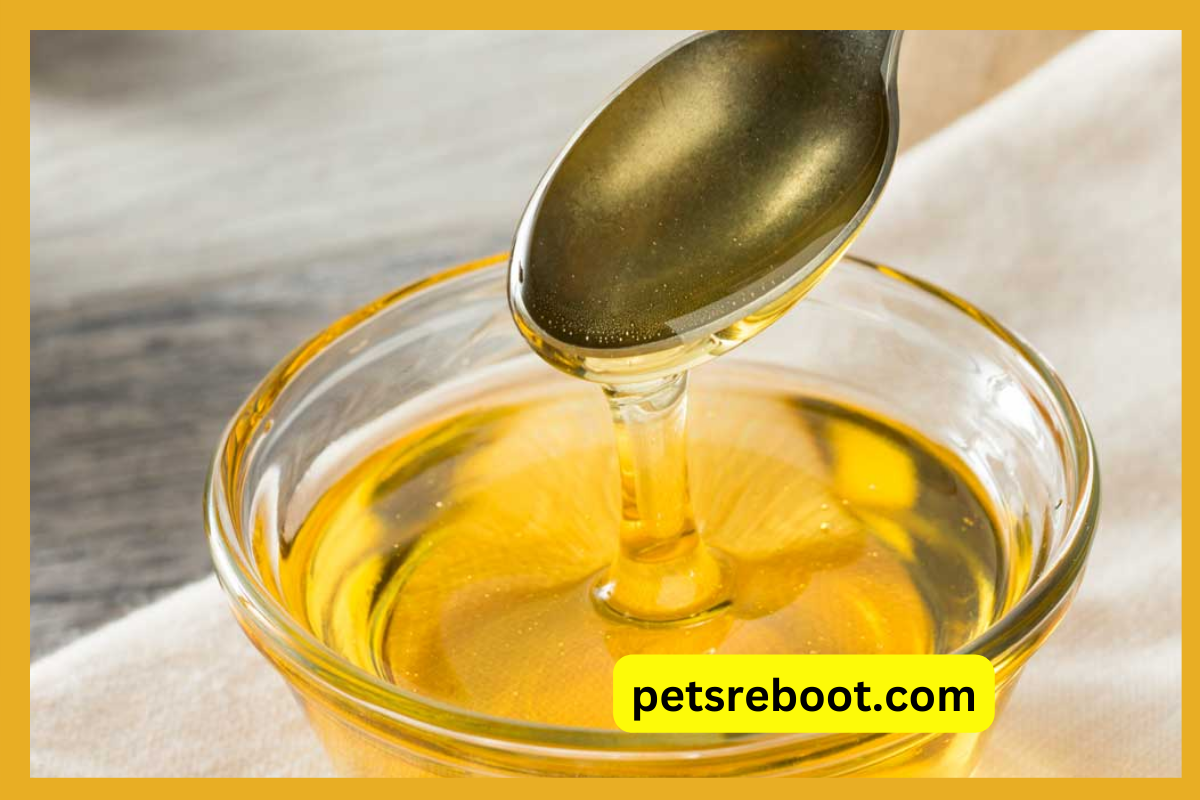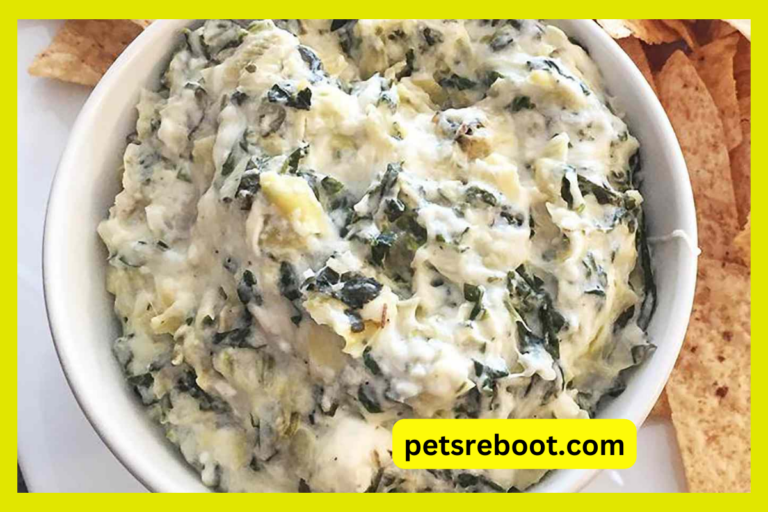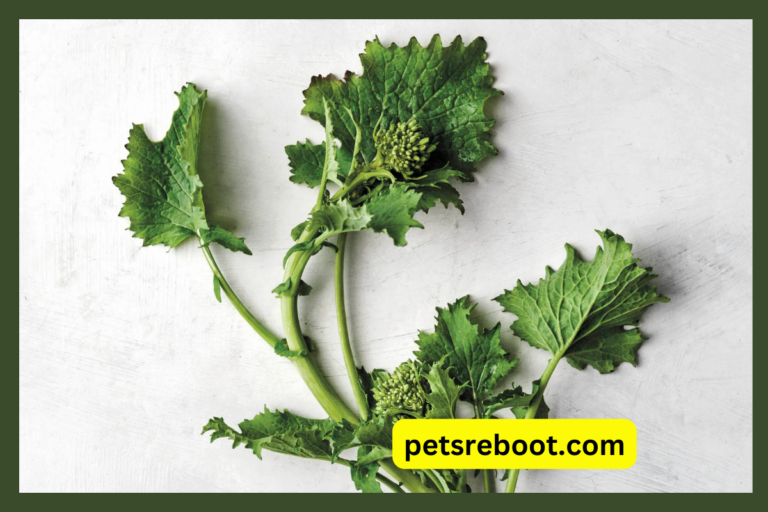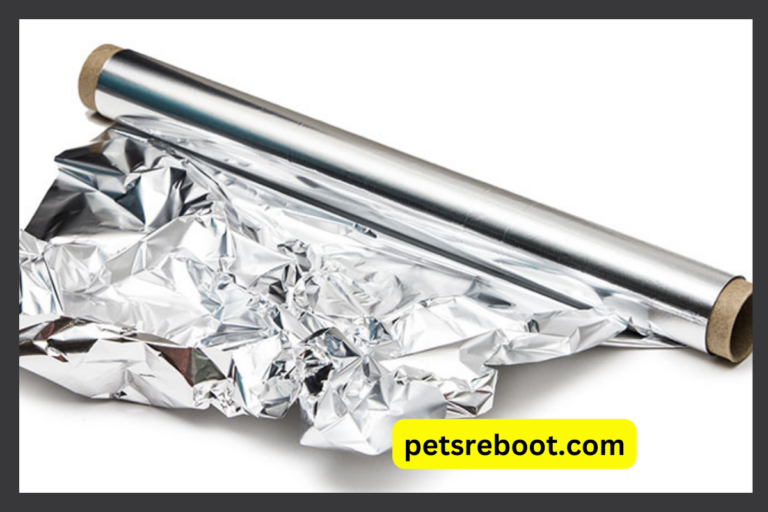Can Dogs Eat Agave Nectar?
If you’ve got a furry friend at home, figuring out what’s safe for them to eat can sometimes feel like navigating a minefield. Today, we’re zoning in on a specific question: Can dogs eat agave nectar? Agave nectar is a popular sweetener in many homes, loved for its natural origins and mild flavor. But just because it’s natural doesn’t automatically make it a good choice for your pup.
What is Agave Nectar?
Agave nectar comes from the sap of the agave plant, which is native to the southern U.S., Latin America, and South America. It’s commonly used as a substitute for sugar or honey due to its sweeter taste and smoother flavor. While it might be a great option for sweetening your tea or baking recipes, when it comes to dogs, it’s a different story.
The Verdict on Dogs and Agave Nectar
Technically, yes, dogs can consume agave nectar. It’s not toxic to them. However, just because they can eat it doesn’t mean they should. Agave nectar is packed with fructose, a type of sugar that can be more challenging for dogs to process than regular sugar. Over time, high sugar intake can lead to issues like weight gain or even diabetes in dogs.
Health Risks of Agave Nectar for Dogs
Giving your dog agave nectar might not cause immediate harm, but it’s important to consider the long-term effects. For starters, agave nectar offers no nutritional benefits to your dog. It’s essentially just empty calories. Furthermore, consistent intake of sugary substances like agave nectar can contribute to tooth decay and potentially exacerbate conditions like obesity, which brings its own set of health problems.
Moreover, while it’s less common, some dogs might have a sensitivity or allergic reaction to agave nectar. Symptoms like stomach upset or diarrhea can occur, especially if they consume too much. It’s always best to err on the side of caution and avoid turning sugary foods into regular treats for your dog.
Final Thoughts
In conclusion, while a small amount of agave nectar isn’t likely to be dangerous to your dog, it’s not advisable to include it in their diet. There are no health benefits and several potential risks, especially with regular consumption. Instead of sweetening your dog’s life with sugar, focus on healthy treats that provide nutritional value and keep them happy and healthy. When in doubt about what’s safe for your pup, always consult with your veterinarian. They can provide guidance based on your dog’s specific health needs and dietary requirements. So next time you’re reaching for the agave nectar, remember—it’s probably better suited for your cup of tea than your dog’s bowl.







